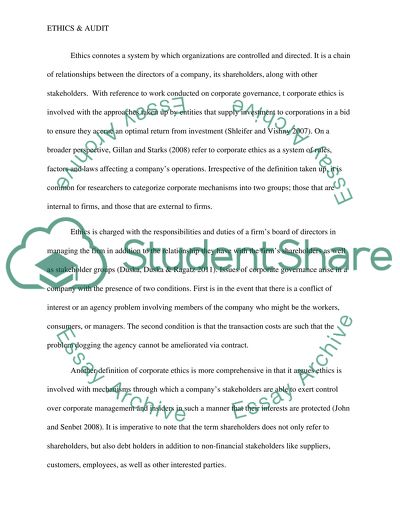Cite this document
(“The influence of ethics on auditing Research Paper”, n.d.)
The influence of ethics on auditing Research Paper. Retrieved from https://studentshare.org/finance-accounting/1463345-the-influence-of-ethics-on-auditing
The influence of ethics on auditing Research Paper. Retrieved from https://studentshare.org/finance-accounting/1463345-the-influence-of-ethics-on-auditing
(The Influence of Ethics on Auditing Research Paper)
The Influence of Ethics on Auditing Research Paper. https://studentshare.org/finance-accounting/1463345-the-influence-of-ethics-on-auditing.
The Influence of Ethics on Auditing Research Paper. https://studentshare.org/finance-accounting/1463345-the-influence-of-ethics-on-auditing.
“The Influence of Ethics on Auditing Research Paper”, n.d. https://studentshare.org/finance-accounting/1463345-the-influence-of-ethics-on-auditing.


